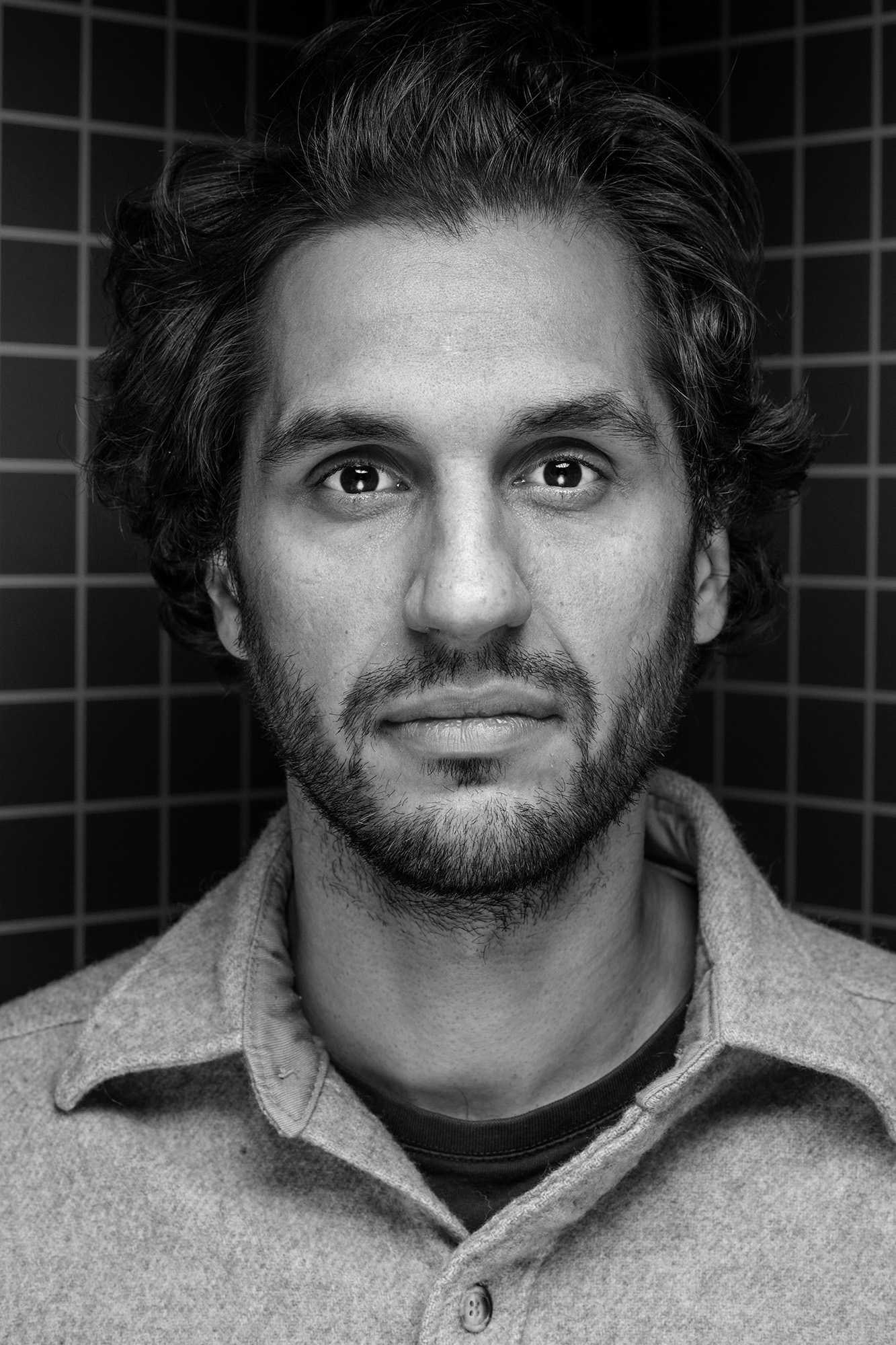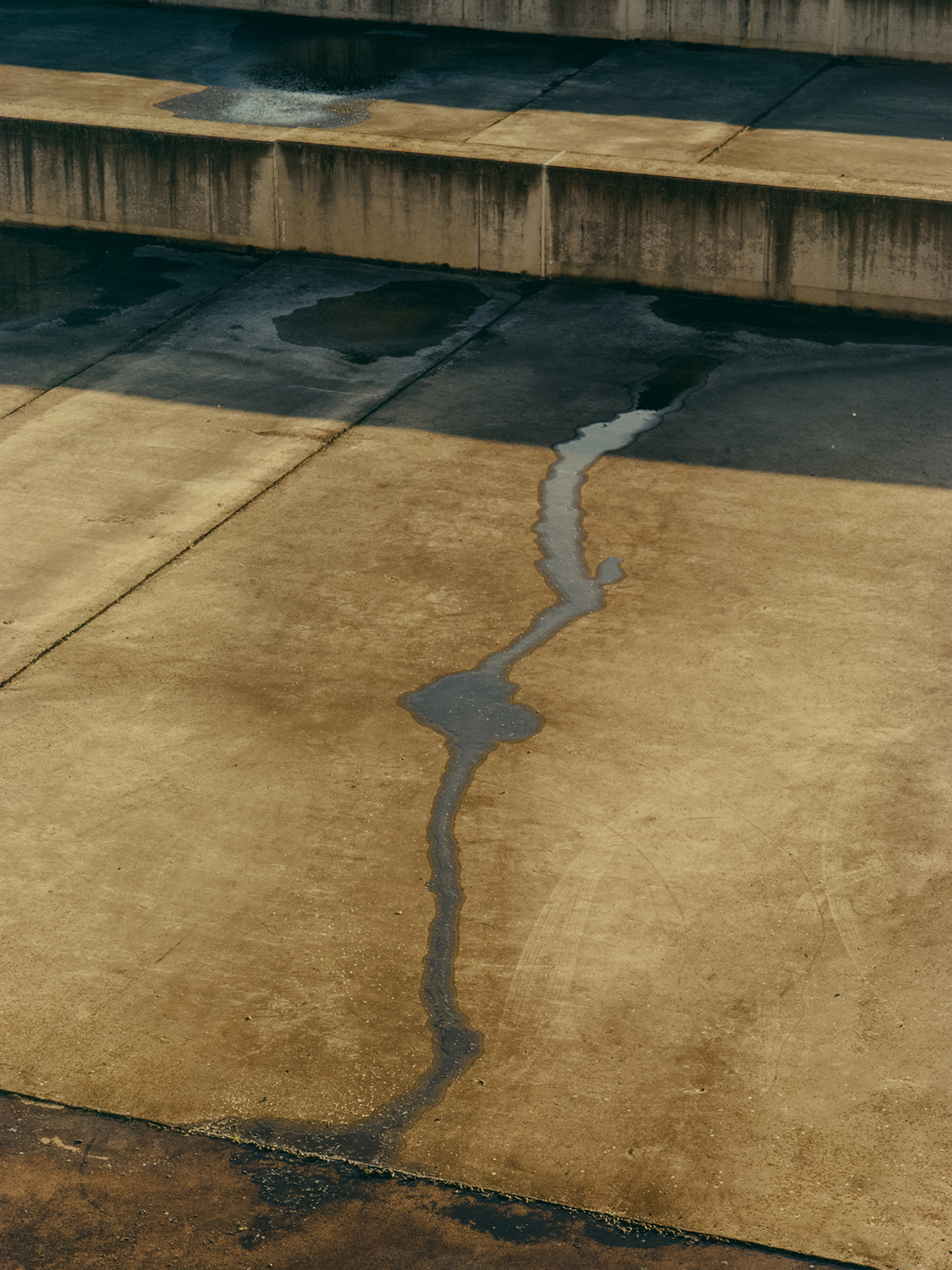
Artist

Zoé Aubry
NOMS INCONNUS_REPRODUCTION. SUTURE._#INGRID
NOMS INCONNUS_REPRODUCTION. SUTURE._#INGRID
Zoé Aubry's work is bold, confrontational and unapologetically militant. While her photography is deeply rooted in feminist issues, such as denouncing feminicide and systemic violence against women, her practice extends beyond these themes to explore broader questions of resistance to systems of power and digital oppression. Aubry asks how individuals and communities can challenge and subvert these structures, particularly in an era dominated by technological control and surveillance. Her anti-capitalist stance is reflected not only in her imagery, but also in her approach to art as a tool for redistribution and solidarity. In her latest project, she sells her prints to raise funds, which she then redistributes to support organisations in Lebanon, transforming her art into a direct act of activism and solidarity.
In contrast, Younès Klouche takes a more subtle and reflective approach. His work explores the intricate connections between the past and the present, weaving together powerful symbols and analogue narratives that invite the viewer to engage in a more contemplative way. Klouche's photography is suggestive rather than explicit, leaving room for interpretation and personal reflection. His photo book Panamera (Poursuite, 2023) exemplifies this approach, blending historical references with contemporary issues to create a layered and evocative visual language. In this way, Klouche encourages the audience to draw their own connections and meanings, fostering a deeper engagement with the stories he tells.
Photo Elysée has taken a particular interest in the publication of both artists' photobooks - #Ingrid (RVB Books, 2023) by Zoé Aubry and Panamera by Younès Klouche - recognising them as significant contributions to the field of contemporary photography. The Museum is committed to supporting these two artists in their ongoing endeavours, highlighting the importance of their work in shaping conversations about social justice, historical memory and the role of art in activism.
In presenting Aubry and Klouche, Photo Elysée not only celebrates their individual talents, but also underscores the diversity of approaches within socially engaged photography. Their inclusion in FUTURES 2025 underlines the museum's commitment to supporting artists who use photography to question, challenge and inspire.
Photo Elysée's 2025 nominations were curated by:
Nathalie Herschdorfer, Director
Manuel Sigrist, Curator, Head of exhibitions and programmes
Sarah Bourget, Scientific Collaborator, Exhibitions Department
Julie Dayer, Scientific Collaborator and digital project manager , Exhibitions Department
Lydia Dorner, Scientific Collaborator and Prix Elysée Manager, Exhibitions Department
Hannah Pröbsting, Scientific Collaborator, Exhibitions Department































